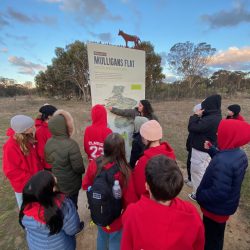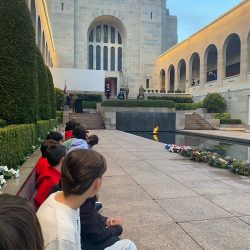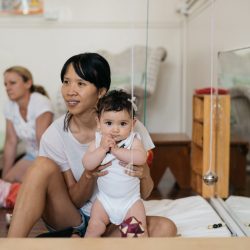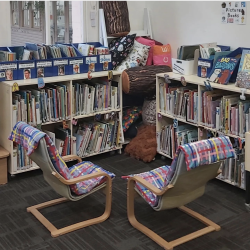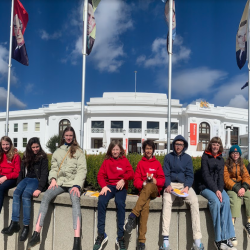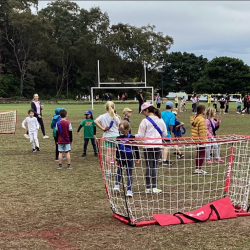Education as an Aid to Life
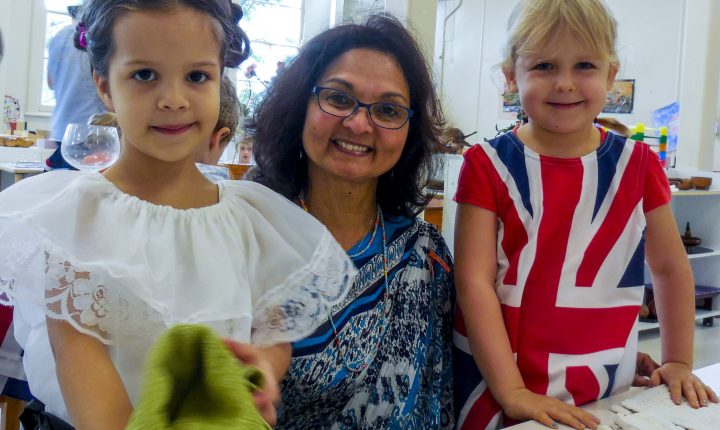
“Montessori is an education for independence; preparing not just for school, but for life.” Maria Montessori
Montessori supports education as an aid to life. “Help me to help myself” is a foundation to learning in Montessori classrooms.
From birth to six years old, our programs aim to support the child’s functional independence: the ability to do things for themselves.
From six to twelve years old, our programs aim to support the child’s intellectual independence, the ability to think, reason and imagine for themselves.
“No one can be free, unless he is independent.” Maria Montessori
Decision making is fundamental to the work of children in Montessori classrooms. Through being active participants in daily decision making, the children learn to engage their will, follow their interests and develop their own strategies for solving problems and implementing solutions.
Questions are embraced and encouraged in Montessori classrooms. Through empowering children to ask questions, we support their natural curiosities and tendencies to wonder, explore, observe, communicate and collaborate with others.
These innate human tendencies are nurtured within Montessori classrooms and support children’s natural and intrinsic desires to learn. External reward systems are not necessary in our classrooms as children feel the joy in learning and making new discoveries about the world and universe that they are a part of.
Concentration and self-discipline are fostered within the learning environment as children are given the opportunity to engage in tasks through their own free will and to work on these tasks without interruption or being ‘over-supported’ by a well-meaning adult.
Responsibility and accountability are the balance to freedom of choice in Montessori classrooms as children learn to plan their activities, take ownership of their learning, manage their time and share their learning in meaningful ways.
Collaboration with others is an essential part of life within and beyond the classroom. On a daily basis, the children work together with adults and peers to support their learning and the positive functioning of the social classroom environment.
The whole person is valued and respected, with each child’s unique personality, interests, abilities and challenges given space to be seen and acknowledged. Competition, grading and ability grouping is not utilised within our schools. Instead, children observe, teach and inspire one another through their interactions. Individuality is embraced and each child’s psychological and emotional wellbeing is given equal value to their intellectual development.


